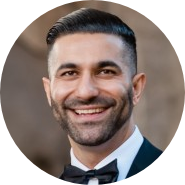Making it in the animation industry and being an animator is a complicated feat. It's often a collaborative effort between animators of different disciplines who work together to turn pictures and pieces of art into motion.
But as the industry grows, the demand for diversity in the field is important for everyone to be recognized and represented. This is why we're highlighting these black animators who made waves in the animation industry. Because of these 4 black animators, the industry is taking another step towards being a more inclusive and representative one!
Celebrating Black Animators & Diversity in Animation
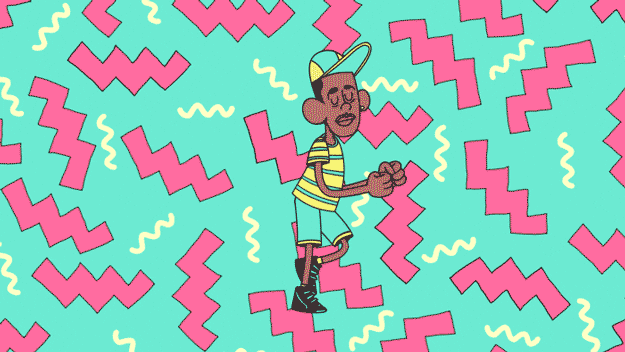
GIF by jaime restrepo via GIPHY
The animation industry needs diversity, and it's important to recognize this. Celebrating black animators can help get more people of color involved in the industry. If the next generation of animators can see themselves reflected in the animations they watch, they may step up to join the animation industry as well!
In addition, celebrating black animators means recognizing the unseen work of the people of color who paved the way. Through years of credit grabbing, ghost animating, and so on, it's time that these black animators get their shine and recognition.
1. Frank Braxton
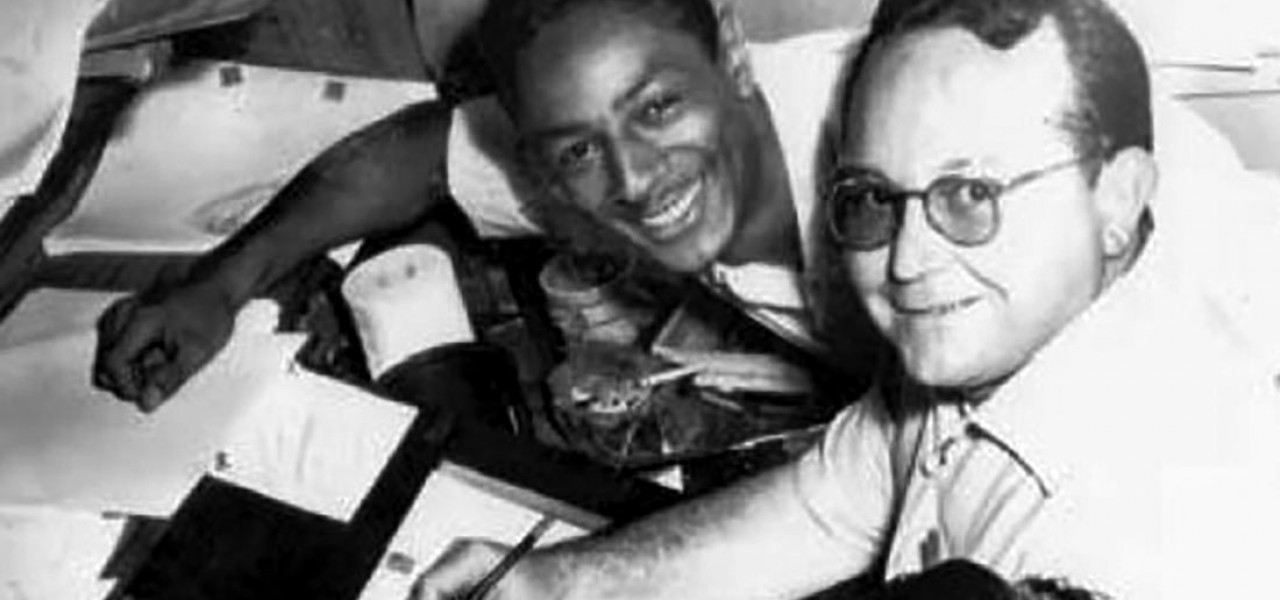
Image via Cartoon Brew
Frank Braxton is an animator, director, and producer who is known as one of the first black animators hired by both Disney and Warner Bros. He started out in the animation industry with no experience and made his way to the top by learning from his peers.
Braxton paved the way for other black animators to be hired in this industry, even heading and becoming the first black president of a Hollywood union with the Screen Cartoonist's Guild. The legacy Braxton left behind allowed more seats in the animation industry to black animators and people of color.
2. Floyd Norman
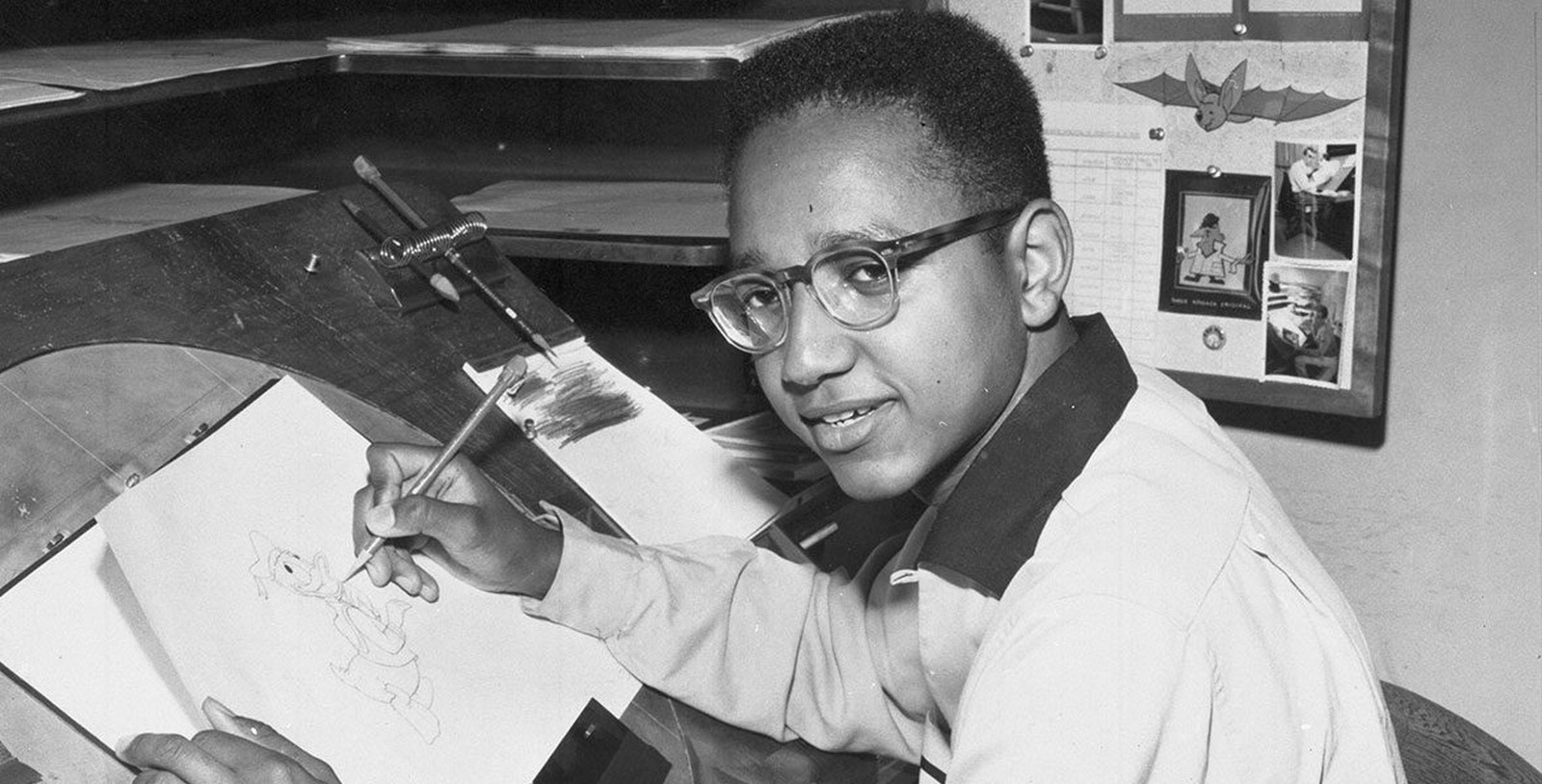
Image via Rethinking the Future
Floyd Norman was born in 1935 in Santa Barbara, California. He started his career as a commercial artist at the Billy Wright Advertising Art Studio before moving into the animation industry full-time.
In 1955, he became one of the first black animators for Hanna-Barbera Studios, where he worked on cartoons like The Jetsons and Yogi Bear. He also worked on Disney movies, later becoming a Disney Legend, like Sleeping Beauty and 101 Dalmatians before finally landing a job at Disney in 1965.
3. Brenda Banks
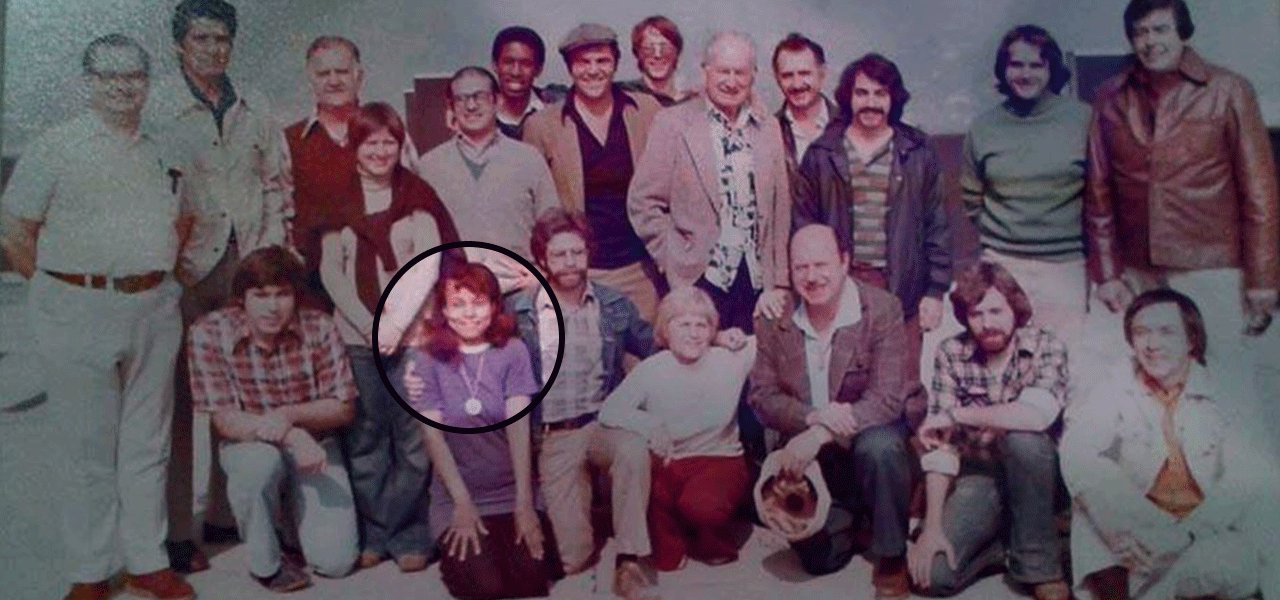
Image via Cartoon Brew
Brenda Banks is one of the most influential black animators in history. She worked at such animation studios as Ralph Bakshi Productions, Warner Bros., Hanna Barbera, and Fox Animation Studios.
Banks received a WIA Diversity Award in 2018 for her decades-long career as an animator and has been recognized by several organizations such as Women in Animation non-profit organization for her work creating characters who were underrepresented on screen.
4. Ayoko Chenzira

Image from Film Fatales
Ayoko Chenzira is a African-American producer, Film director, television director, animator, writer, experimental filmmaker and transmedia storyteller. She is the first female black animator to receive public attention for her work in animation by winning awards at festivals like Sundance Film Festival and Cannes Lions International Festival of Creativity.
Known for her work on animated films Hair Piece: A Film for Nappyheaded People (1984) and Zajota & the Boogie Spirit (1989). Today, Ayoko's mark in the industry is an accomplishment not only to the animation industry but the culture as a whole showing that women and black animators are industry shakers at large.
Why We Should Celebrate Black Animators
Every year, the animation industry comes together to celebrate the best of the best in animated movies. And every year, it's clear that black animators are severely underrepresented in some way or another. In fact, most people would be hard-pressed to name even one black animator who has ever worked on a Disney movie—let alone four!
But why should we care? Why should we celebrate these filmmakers if they're so difficult to find? Because they've made a significant contribution to the animation industry as a whole and because their stories deserve to be told by more than just themselves.
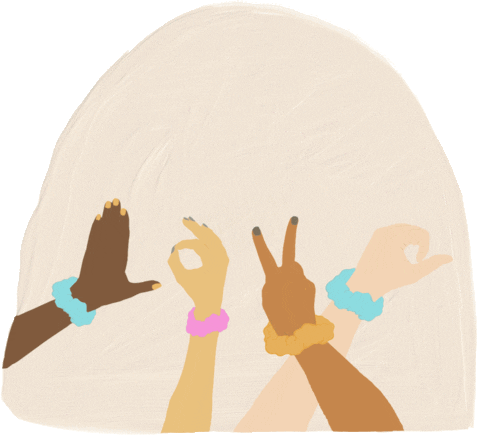
The truth is that our society needs more diversity—in politics and entertainment alike—and part of that means being inclusive of all cultures and races (and genders).
A lack of representation in any field can have serious consequences for those who are excluded from it; when we don't see ourselves depicted on television or film screens, it can make us feel like outsiders looking in at something foreign instead of members of society who belong there too.
The Possibilities for Black Animators are Endless
The number of black animators is increasing, and there are some amazing stories to be told. The fact that these creators have been able to reach such heights in the animation industry, despite facing many obstacles along their journey, shows just how much talent we have in this community.
We hope that the next generation of animators will be inspired by the current generation and see these accomplishments as proof that anything is possible when it comes down to hard work and perseverance (and maybe a little luck too).
If you want to know more about the success in making it in the animation industry like these black animators, as well as answers to any other questions you might have, be sure to follow our blogs, check out our free masterclass, and our Animation Business Accelerator Program, download a copy of our free marketing handbook, and check out our blog on “How to Start an Animation Studio”!

